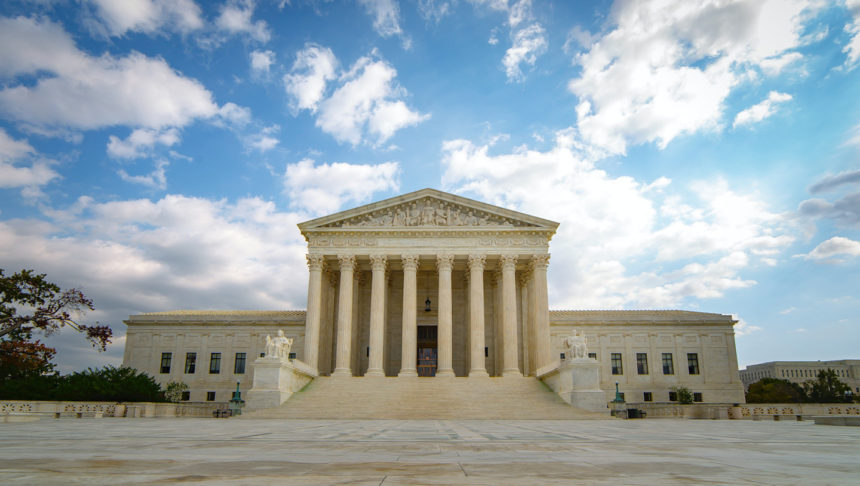
The Supreme Court on Thursday set limits on when federal courts have jurisdiction to confirm or vacate an arbitration claim under certain sections of the Federal Arbitration Act. Essentially, the court said these cases should be determined at the state level without being escalated to the federal courts.
Justice Stephen G. Breyer was the lone dissenter in the 8-1 decision, saying he feared the majority’s approach “creates unnecessary complexity and confusion,” Bloomberg Law reported.
“The main takeaway from this case generally is for post-acute and long-term operators to carefully review their arbitration agreements and consider whether to avoid any provision that could be construed to require confirmation of an arbitration award. Avoiding that process could limit any risks from further judicial review in a successful arbitration outcome,” Mark E. Reagan, managing partner at Hooper Lundy & Bookman, told the McKnight’s Business Daily.
The decision, he said, “is much more ‘in the weeds’ in sorting out how to determine whether it is the state or federal courts that will hear a dispute over whether an arbitration award that has already been issued should be confirmed.”
Neville M. Bilimoria, a partner in the health law practice group at Duane Morris LLP, told the McKnight’s Business Daily that “[t]he Supreme Court’s decision in Badgerow v. Walters could impact how long-term care providers operationally utilize the Federal Arbitration Act for their arbitration provisions in resident contracts.”
Specifically, he said, the court held that a federal court may not “look through” requests to confirm an arbitration award to the underlying claim because that violates the intention of the FAA.
“This look-through test is allowed in questions to determine federal jurisdiction under the FAA but should not be allowed when a federal court is asked to vacate or confirm an arbitration award, said the court,” Bilimoria said.
In essence, the court is encouraging parties to go to state court when seeking to confirm or vacate arbitration awards, and not necessarily federal court, the experts said.
“The impact this could have on long-term care facilities is the further ease of use of the FAA and arbitration generally for residents and facilities. The resident or the facility (if parties to an arbitration agreement validly exercising FAA standards) can go to state court to affirm FAA arbitration decisions, or vacate them, without having to go to federal court,” Bilimoria said.


